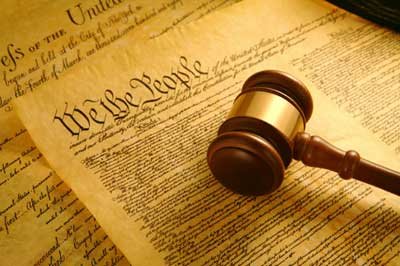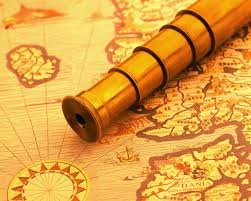Nature, Scope and Sub-fields of Political Science
. Nature and Scope of Political Science Sub-fields of political science
- Presented by: Zaheen Butt Adeel Taswar Attroba Adan Saira Ayub
- Political Science The branch of social sciences that control people, elect leaders, opinion their voters and also help citizens to know their responsibilities in the society is called political science
- Introduction The great Greek political philosopher, Aristotle was the first thinker to use the term ‘politics’. The term “Politics” is derived from the Greek word ‘Polis’ which means ‘city – state’.
- Introduction It begins from the time of Aristotle and Plato, in ancient Greek. It was introduced almost 2500 years ago.
- Definitions Political science is a branch of social science. It is the study of the state. Political science begins and ends with the state.
- It may be defined as the study of man in the process of governing himself. Political science deals with general problems of the state and government.
- Nature of Political Science There are different views on the nature of politics: Political Science has Scientific nature. Politics can be studied in a systematic manner.
- Nature of Political Science Political Science, like other Sciences, has absolute and universal laws. It is possible to make predictions in politics. It is said that experimentation is possible in politics.
- Scope of Political Science Scope of political science is to study the past things that happened and use it correctly in the present and determine what the future will say about.
- Scope of Political Science Normally, a lay man associate politics with the party politics. But we should know that politics is much larger than that. The scope of political science implies its area of study.
- Scope of Political Science It is classified into four zones: Political theory Political institution
- Scope of Political Science Political dynamics International relation
- The Four Zones
- Political theory It deals with the definition and fundamental concepts of political science like state, government, law, liberty, equality, justice and sovereignty.
- Political institution It is concerned with a study of formal political institution such as the state and instrument through which it runs the government.
- Political Dynamics The term refers to the forces and process at work in government and politics. They influence and explain political action. They include the study of political parties.
- International Relations International Relations (IR) is the study of relationships among countries. International relations draws intellectual materials from the fields of technology, engineering, economics and history.
- Elements of State The state consists of four elements: The people. The territory. The government. The sovereignty.
- People It is a people who make the state. Population or people are essential for the state. According to Aristotle, “the number should neither be too large nor too small. It should be large enough to be self sufficing and small enough to be well governed”
- Territory It is a fixed area that rightly belongs to the population. There can be no state without fixed territory. It may be remembered that the territory of state includes land, water and air-space. It should be permanent and large enough to be self-sufficing.
- Government It is the third element of the state. Government is the agency through with the force of the state is formulated, expressed and realized.
- Sovereignty The fourth essential element of the state is sovereignty. The word ‘Sovereignty’means supreme and final legal authority above and beyond which no legal power exists.
- Sovereignty has two aspects: • Internal Sovereignty Means that the state is supreme over all its citizens and associations. • External Sovereignty Means that the state is independent and free from foreign or outside control.
- Scope concerning with State Scope of political science concerns with the state as : Present Form of the state. Historical Form. Ideal Form of the state.
- Ideal form of a State The state should act as ‘trustee’of the people means that it should hold people power as a trust for welfare of people. It should not consider people as helpless subject, but as co-rulers in its governance.
- Sub-fields of Political Science Following are the sub-fields of Political Science : • Sociology • Economics • Anthropology • Psychology • History
- Sociology The word ‘Sociology’is a combination of Two words; ‘Socio’means ‘ Society’ and ‘logy’means ‘to study’. Thus sociology means the study of society. It involves both formal and informal behaviors of people.
- Economics Economics is the social science that studies economic activity to gain an understanding of the processes that govern the production, distribution and consumption of goods in a country.
- Anthropology Anthropology is the study of humans’ past and present. To understand the complexity of cultures across all of human history, anthropology draws knowledge from the social and biological sciences as well as the humanities and physical sciences.
- Psychology Psychology is an academic and applied discipline that involves the scientific study of mental functions and behaviors.
- History The branch of knowledge that records and analyzes past events , is known as history. "History has a long- range perspective" (Elizabeth Gurley Flynn).
- Conclusion In conclusion, we will say that the scope of political science comprehends globalization, state sovereignty, international security, and ecological sustainability of a stat


